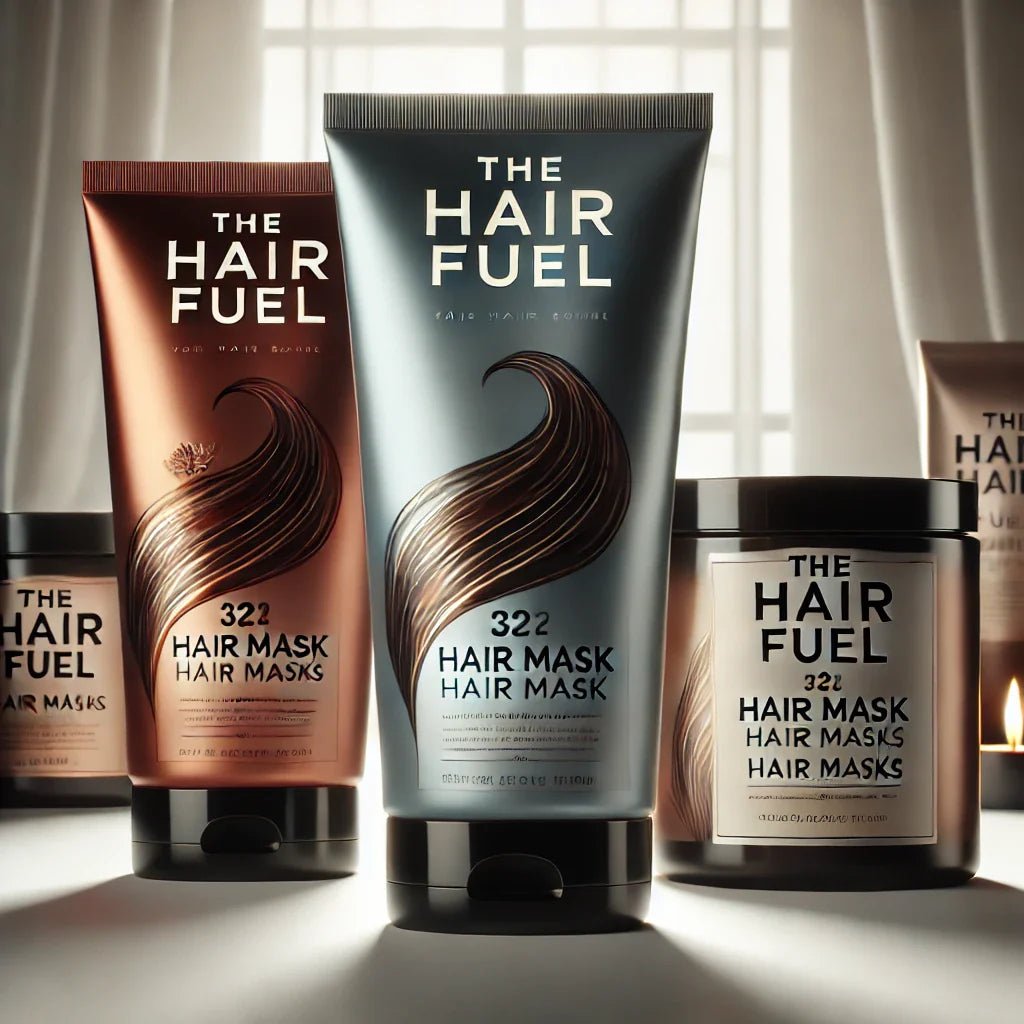Collagen supplements have gained popularity for hair growth, often featured as one of the best options, whether in powder, pill, or serum form. However, their effectiveness faces challenges related to collagen’s biochemistry, bioavailability, and molecular size. Today, we explore whether collagen can genuinely aid hair growth and if the hype is justified.
The Collagen Supplements and Hair Craze
Collagen is widely recognized for its role in maintaining healthy skin and hair. As you enter your mid-20s, you'll likely see advertisements showcasing flawless skin attributed to collagen. This leads to the question: can collagen really enhance hair and skin health?
On social media, many influencers and celebrities credit their youthful appearance to collagen supplements for hair growth. Beauty salons now offer various collagen-infused treatments, such as masks and injections, often at a premium price. With so many options available, it’s essential to discern whether to consume collagen, apply it topically, or invest in expensive treatments.
An Abundant Protein
Collagen is the primary structural protein in connective tissues, making up 25% to 35% of the body’s protein content. Although only a small amount is present in the outer layers of hair, collagen is vital for maintaining healthy hair follicle function. Hair follicles, which consist of the dermal papilla, hair bulb, and hair shaft, require structural support that collagen provides.
As we age, collagen production diminishes, affecting the structural integrity of hair follicles. Lifestyle factors, such as smoking, poor diet, stress, and alcohol consumption, can further hinder collagen synthesis, potentially leading to thinner hair over time.
Benefits of Collagen for Hair
Collagen surrounds and stabilizes hair follicles, providing essential structural support. Studies indicate that collagen levels increase during the anagen (growth) stage of hair, facilitating the development of new hair. As hair follicles transition to the catagen stage, they lose some collagen layers, which are replenished during the growth phase, maintaining the cycle of hair growth. By preserving the integrity of hair strands, collagen can help reduce hair loss.
Collagen and Scalp Blood Flow
Collagen indirectly supports blood flow to the scalp by maintaining the health of blood vessels. It provides strength and elasticity, ensuring optimal nutrient and oxygen delivery to hair follicles. Healthy blood flow is crucial for nourishing hair follicles and preventing hair loss.
Collagen Supplements for Hair: The Myths
While collagen is a protein, it must be broken down into amino acids for absorption. Hydrolyzed collagen, or collagen peptides, are more easily digestible, allowing the body to process amino acids like lysine, glycine, and proline. However, if the body is deficient in these amino acids elsewhere, it will prioritize those areas over hair follicles, making collagen supplementation less effective for hair growth.
Topical Collagen: The Myths
Topical collagen products, such as creams and shampoos, often claim to boost collagen production in the skin. However, collagen molecules are typically too large to penetrate the skin effectively, leaving them to sit on the surface without any significant impact.
Studies & Research Around Collagen and Hair
While some studies indicate that ingesting collagen can improve skin and hair appearance, many are funded by collagen-producing companies, raising questions about their reliability. The market for collagen supplements remains largely unregulated, and the conditions under which collagen is sourced are often unclear.
Does Collagen Cause Hair Loss?
Collagen deficiency may not directly cause hair loss, but it can weaken hair follicles, increasing the risk of hair loss. Healthy hair follicles need proper nourishment and structural support, both of which collagen provides. Insufficient collagen can compromise blood flow and nutrient delivery to hair follicles, leading to thinner hair over time.
How to Use Collagen for Hair Growth
If collagen supplements aren’t effective, consider microneedling your scalp. This technique creates tiny wounds, signaling your body to produce more collagen at the site, thus enhancing hair follicle health and blood flow for better hair growth.
Building Blocks of Collagen
For effective collagen production, your body requires additional components:
-
Vitamin C: Essential for synthesizing collagen-building amino acids and stabilizing collagen structure. Sources include dark leafy vegetables like kale and broccoli.
-
Minerals: Iron, zinc, and copper are crucial for collagen production, but their intake must be monitored to avoid toxicity. For example, take iron with vitamin C for better absorption, and consume zinc from protein-rich foods.
Loss of Collagen
Collagen levels decline due to various factors:
- Stress (elevated cortisol levels)
- Poor diet and vitamin deficiencies
- Aging (natural decline in collagen production)
- High sugar intake
- Smoking
- UV exposure
Maintaining appropriate collagen levels can be challenging, especially in high-stress environments. A balanced diet rich in organic produce and the best collagen supplements may help improve hair appearance.




